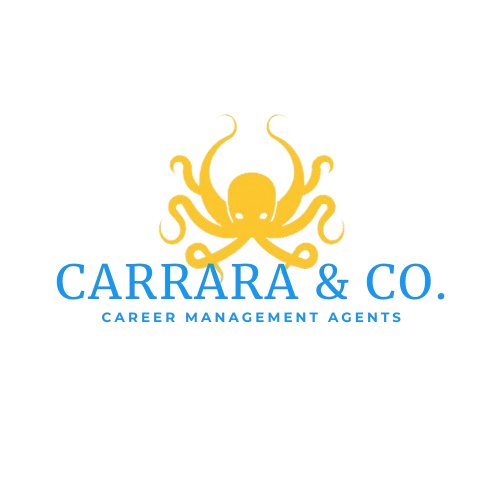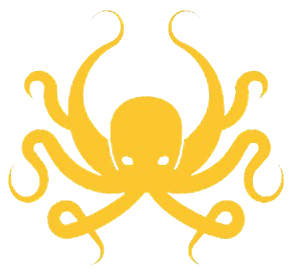As a professional development coach, I often see individuals who feel a strong urge to transform their careers. This desire can stem from a sense of stagnation in their current role, a lack of excitement in their industry, or a yearning for more autonomy and impact. Whatever the reason, the desire for change is clear, but the path forward often feels uncertain. Many people wish for a clear guide or roadmap to navigate this transition, but the truth is, career reinvention is a personal journey that requires a shift in perspective. Instead of focusing solely on finding a new job, it’s essential to embark on a journey of discovery, exploring possibilities and allowing yourself the space to uncover what truly aligns with your strengths and passions.
The Process of Career Transformation
Career transitions, especially in mid-life or beyond, are not about rushing to find the next job title. They’re about redefining yourself first, expanding your possibilities, and allowing convergence to happen naturally. By shifting your focus from job searching to discovery, you give yourself permission to explore without limits, uncover unexpected opportunities, and recognize the right path when it emerges.
Phase 1: Expanding Your Horizons
In this crucial initial stage, we focus on broadening your perspective and exploring possibilities beyond your current role or industry.
Key Mindset Shifts
- Move Beyond Job Titles: Instead of limiting yourself to familiar roles, focus on your core strengths and passions. Ask yourself, “What skills do I enjoy using? What problems excite me to solve?”
- Embrace Cross-Industry Exploration: Don’t restrict yourself to a single sector. Engage with professionals across various fields and investigate companies that intrigue you, even if your fit isn’t immediately apparent.
- Challenge Self-Imposed Limitations: When you catch yourself using “but” to dismiss opportunities, reframe your thinking. Replace “I could explore consulting, but I’ve never done it” with “I could explore consulting—what would that look like?”
- Consider Alternative Work Formats: Be open to non-traditional employment options like consulting, freelancing, or project-based work. These can often lead to unexpected full-time opportunities.
Actionable Tips:
- Conduct informational interviews with professionals in diverse industries.
- Attend cross-industry networking events or conferences.
- Experiment with short-term projects or volunteer work in new areas of interest.
- Create a skills inventory focusing on transferable abilities rather than job-specific tasks.
Phase 2: Recognizing Convergence
As you explore, patterns will naturally emerge, guiding you towards more aligned opportunities.
Signs of Convergence:
- Certain conversations or topics consistently energize you.
- Specific challenges repeatedly capture your attention.
- Your core skills resonate unexpectedly in new contexts.
Actionable Tips:
- Keep a journal of your exploration experiences, noting which activities or discussions spark enthusiasm.
- Reflect regularly on emerging patterns in your interests and skills.
- Seek feedback from trusted mentors or peers about your perceived strengths in new areas.
The Power of Natural Alignment
Remember, clarity in your career transition isn’t something you force—it emerges organically through exploration and reflection. Trust the process and remain open to unexpected opportunities that align with your evolving professional identity.
Coaching Insights:
- Redefine Your Value: Use this transition period to reassess your professional worth. What unique combination of skills, experiences, and perspectives do you offer?
- Embrace the Journey: Career transitions, especially later in life, are about personal growth and redefinition, not just finding a new job title.
- Create Conditions for Clarity: Instead of actively pursuing clarity, focus on creating an environment where it can naturally emerge.
- Trust Your Intuition: As you explore, pay attention to what feels right. Your instincts often recognize the best path before your logical mind catches up.
By shifting from a job search mindset to one of discovery and possibility, you open yourself to a world of opportunities. This approach allows you to explore without limits, uncover unexpected paths, and recognize the right direction when it presents itself. Remember, the goal isn’t to force a decision but to create the conditions where the most fitting opportunity becomes clear.
Your career pivot starts with this mindset shift. Embrace the journey of exploration and convergence, and trust that with patience and reflection, you’ll find a path that not only aligns with your skills but also resonates with your deepest aspirations.

